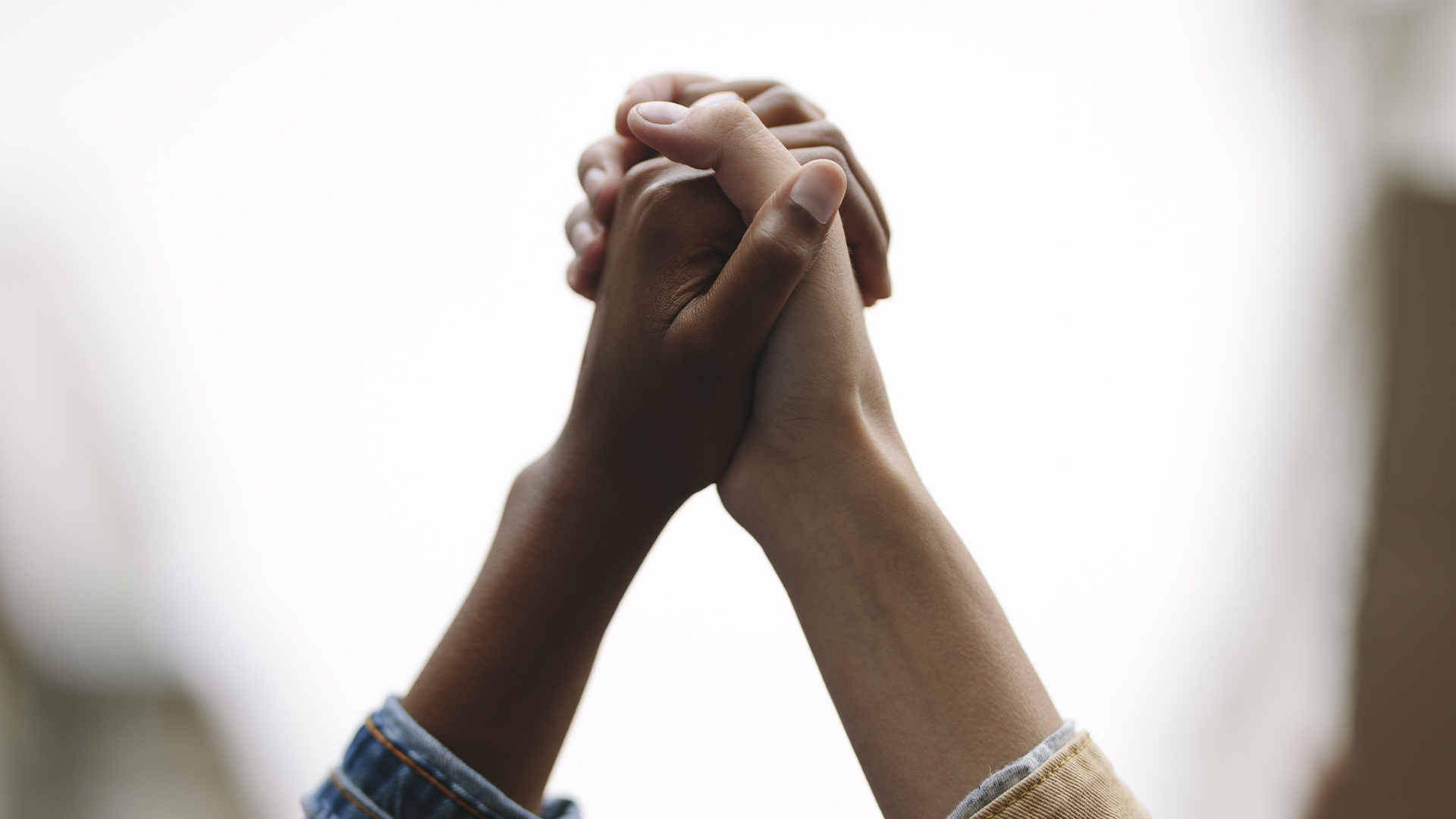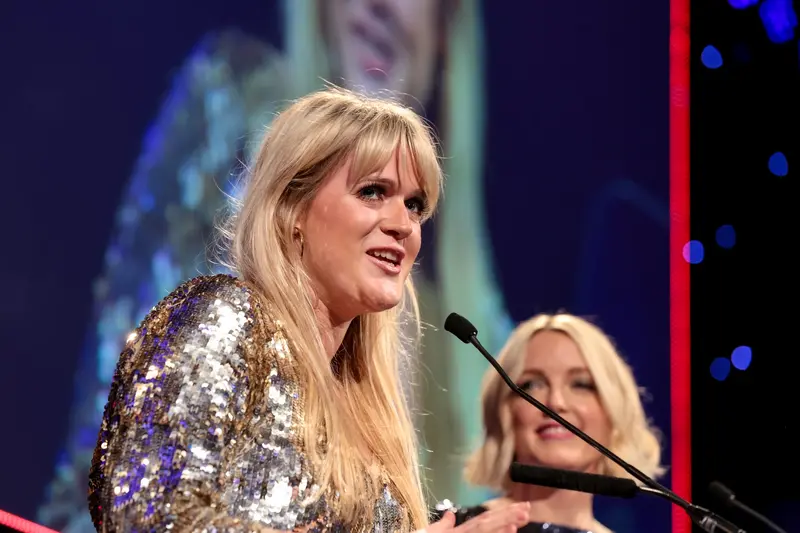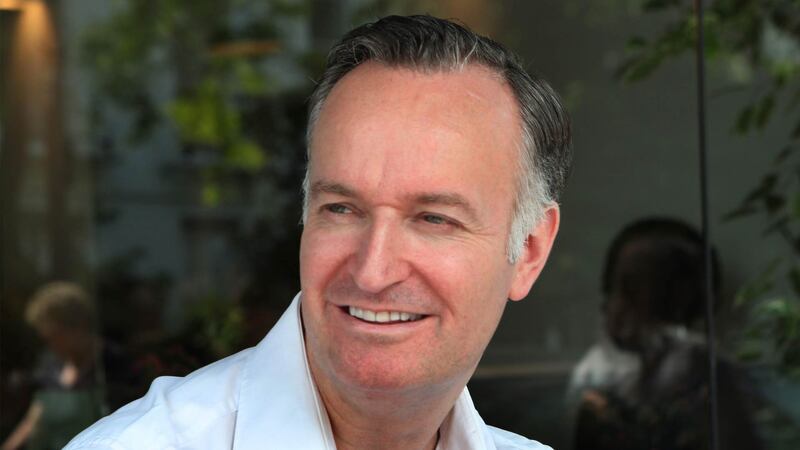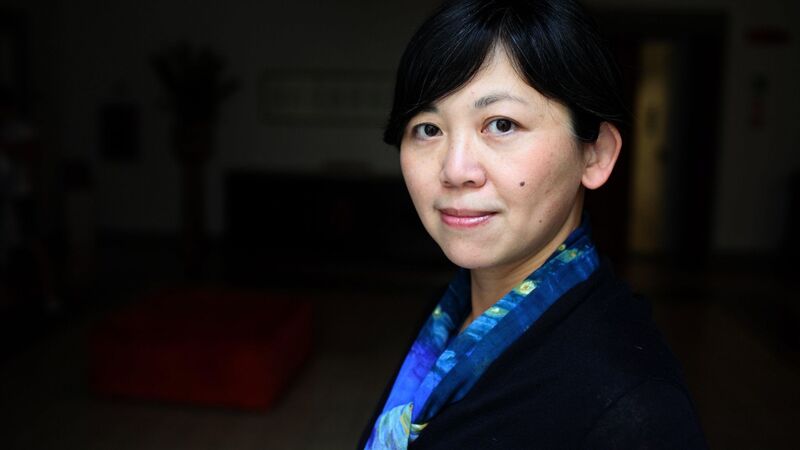You are viewing your 1 free article this month. Login to read more articles.
Lessons from Clanchy
The response to the criticism of Kate Clanchy’s memoir was a moral failure on the part of white publishing—and an artistic failure too
I have worked in literary publishing for 10 years and I have never once met anyone—be they editor or publisher, writer or reviewer, publicist, rep, distributor or bookseller—who doesn’t on some level believe what they are doing is an act of service. And most of the time I believe that too. We do what we do in service to language, to each other and to ourselves. But when controversies like the one surrounding Kate Clanchy’s memoir unfold—when the behaviour from the white sector is so hurtful and polarising, and when so much of the energy of writers of colour is then siphoned away from creative pursuits and redirected towards resistance, self-preservation and protest—it’s clear that something is desperately wrong. Why is it happening? Where does the hostility in white publishing come from? Why are these discussions so resisted and made so fraught?
It would be easy to say “because of white supremacy” and be done with it, though for some that answer won’t be very satisfying. It would also be easy to cite exceptionalism and cut the branch off behind the more outspoken white people involved. The truth of the matter, however, is that Philip Pullman, Lionel Shriver and Carmen Callil are not exceptional
It would be easy to say "because of white supremacy" and be done with it, though for some that answer won’t be very satisfying. It would also be easy to cite exceptionalism and cut the branch off behind the more outspoken white people involved. The truth of the matter, however, is that Philip Pullman, Lionel Shriver, and Carmen Callil are not exceptional. I know many liberal white people who become indignant at the thought of what they call "identity politics"’ and "approved vocabulary" lists being applied to literary work, or get angry when they feel ‘cultural sensitivity’ is valued more highly than risk, boldness, "literary greatness", a willingness to defy taboo, and so on. Many view the current push towards inclusive language as a limitation placed on artistry, and feel persecuted or constrained by – to use one of the many astonishing words Philip Pullman threw down over the course of this thing – a totalitarian spirit at work in our reading culture.
All of these indignations, angers, fears and beliefs need to be unworked if we are going to move forward; most of them result from racist assumptions we can’t see for what they are. Why, for example, is the debate about “offensive language” framed in terms of free speech? When Monisha Rajesh, Chimene Suleyman and Professor Sunny Singh voiced their concerns about the Clanchy book, what they were doing wasn’t unusual. It wasn’t censorious. It was criticism. Criticism points to a writer’s limits and says, Here you are circumscribed, here you are weak: break through. And when writers of colour step up to say how white English could be made more compassionate, more intelligent, more accurate, more vital, why on earth aren’t we saying thank you? Effusively? The push for inclusionary language is there because racist language is a failure. Ethically and aesthetically it fails. It causes trauma, it’s reductive, it’s riddled with clichés. Why anyone would fight to hang onto it, I don’t know.
What I do know is this, and it can’t be said loudly enough: political correctness is not what is holding artistry back. Racism is. Writers of colour feel pressure to “shape” their narratives in uncomfortable ways because of it. The white novel is plagued by paralysis and narcissism because of it. Racism is what allows us to close our ears to the message that we so desperately need to hear; a message that will re-commit us in our service to the artform that we love; and a service, dare I say it, that writers of colour are rendering much more bravely and faithfully than we are right now.
The message, which I address to myself, and to white writers of fiction and non-fiction alike, and equally to white publishers and members of the trade, is this: to refuse the work of anti-racism is to fail to understand both ourselves as we exist within the world, and the world in its true complexity. To fail in that is to refuse to write or publish well. And it is to admit that we as white people will, through inadvertence or ignorance or both, hurt many of the people whose lives our lives touch.
Taking action
If you are reading this and you are a white writer or editor, and you would like to do better but you are not sure how, my best advice is this: take some time. Write less. Acquire less; acquire differently. Listen. Listen to podcasts, listen to Twitter, listen to the people around you. After listening for a while, say hello. Start a conversation. Don’t take it personally if people don’t have time. Keep listening. Ask other people to talk. Stay listening. Work harder, work with those already doing the work, work not only to find new voices but to support those who are exhausted from the work and still trying. If you’re afraid, listen to that too. The fear is telling you something. Don’t be surprised if the work feels difficult—anti-racism requires a challenging baseline of self-compassion, introspection, courage, self-acceptance and self-love—but remember too that the work, however challenging, is a voluntary privilege, and nowhere near so challenging and painful as the work of living with racism itself.
And notice what I didn’t say. I didn’t say: “If you’re a white writer or editor wanting to write about or publish Black or brown people.” I didn’t say that because I believe the moment of choice is past. People from racialised communities don’t have a choice about enduring, much less fighting, against racism—it’s part of the day-to-day—and there should no longer be choice for white people either. There is no colour-free universe where white authors can write a comfortably all-white story without performing, on some level, an act of erasure. I’m not saying every story needs non-white people (far from it) but I am saying that every character we imagine and create has a relationship to racism and power, that their relationship to racism will be filtered through ours, and if we can’t articulate either then our characters are not complete.
But here’s the upside. If we do the work, we have nothing to be afraid of. We can speak our various truths from places of perfect ease. We might be saying or describing things that are ugly. Things that people are reluctant to see. It may take a while for readers to come around. What book was ever universally loved? Be true to the writing. If we have done the work, and we have done it with honesty and integrity, in dialogue with others and in full light of all the particular world, then the writing will stand.
A culture of silence still rules in the majority white publishing industry and media, which makes breaking the silence all the more frightening and painful for those whom racism has hurt. Race and racism are most commonly discussed when one has a race “problem”, rather than proactively, while at the same time the industry is being encouraged to diversify. People of colour are being asked to step into employment situations potentially rife with microaggressions, yet nothing is asked of the fragile perpetrators—we, the good-intentioned, educated, politically aware and liberal white people in publishing—who believe it impossible we have hurt anyone, have no motivation to self-educate and, as a result, have no capacity or training to hear, discuss or redress injustices when we commit or witness them. We do. Microaggressions happen all the time. Upholding a dichotomy between inclusivity and literary merit is the perfect example. And with microaggressions, nine if not 10 times out of 10, the burden of explanation falls unfairly on the people most injured. Which is exactly what happened with Clanchy.
I wish these things didn’t need speaking aloud. The controversy itself, however, has proven once more (and unequivocally) that such things do need saying, and they need saying by people who look like me as well as by people who don’t. They need saying and saying and saying again, until the type of cultural gatekeeping and racist abuse that is experienced by writers of colour—both as overt violence and as relentless microaggressions—is acknowledged as abhorrent by all parties and finally stops.
An ongoing process
Dialoguing about racism is only the first step. It isn’t a substitute for action or meaningful change. Nor is it sufficient for writers to offer genteel reflections on privilege while shrugging off any kind of substantive engagement with the issues that make privilege possible. Have we really, as author Brandon Taylor recently speculated in the New York Times, “reached a point in our culture where the pinnacle of moral rigor [sic] in the novel form is an overwhelmed white woman… sighing and having a thought about the warming planet or the existence of refugees”? He was talking about Sally Rooney, but his words couldn’t be more relevant here. Articulating our own relationship to systemic racism is only ever the beginning. If from there we throw up our hands, retreat and continue to write or publish what we know, then racism and injustice become further entrenched.
I believe that the people professionally invested in the success of writers—attention, publishers and agents, this means you—have an obligation to allyship and advocacy. Writers of colour spend a disproportionate amount of time discussing race and making the case for equality. I personally would far rather see their energy directed towards writing. And if that means we in publishing spend a bit more of our time speaking out and standing up, then great. Maybe that’s what service looks like.
Last but not least, a reminder. We belong to a community of publishers, booksellers, writers and translators. We trade in words. Our first and most essential action must be the careful interrogation and curation of the words we use, the tastes we nourish and the books we publish. Our service to books is better when the Black and brown people who write them are seen as whole, and when the Black and brown people who are in them are whole, seen as whole, when we can hold space for the wholeness of other people without reverting back to ourselves. If we can’t do that then we don’t write. We don’t publish. Period.
A note from the writer
If you are not familiar with the Kate Clanchy controversy or would like a clear telling, I would suggest reading Monisha Rajesh’s words as featured in the Guardian, or Beth Bhargava’s article on Bad Form.
Bad Form has also issued an open invitation to everyone in UK publishing to attend an action for equity brainstorming session on 6th October, via Zoom. Further details are available through Bad Form’s website.



















